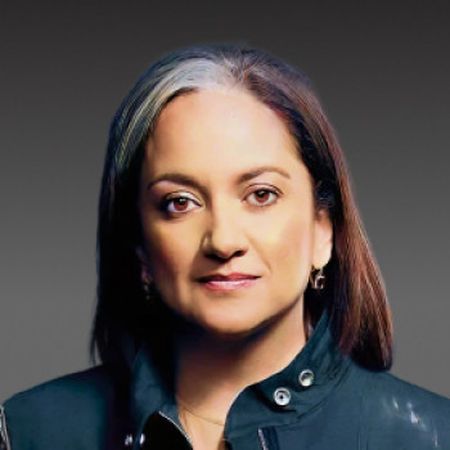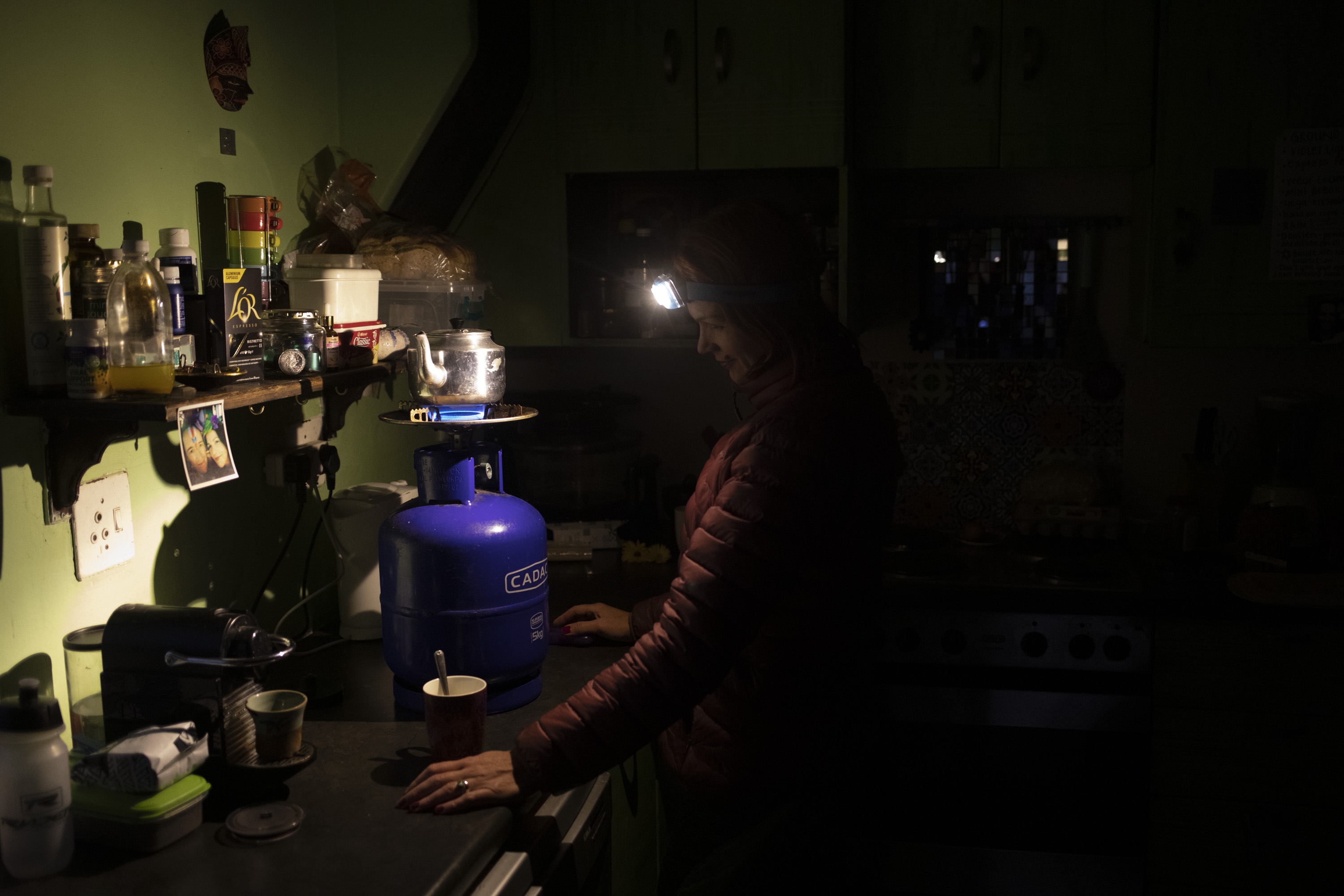In a briefing to President Cyril Ramaphosa, the National Energy Crisis Committee of Ministers (Neccom) warned there were no shortcuts to solving the power crisis crippling South Africa.
The committee, made up of seven Cabinet ministers, has said there is no short-term fix to high-stage power cuts, which have become a political crisis for Ramaphosa.
Eskom reduced power cuts from Stage 6 to Stages 4 and 5 on Monday as the head of state tried to get on top of the spiralling disaster. This was after he canned his trip to the Davos World Economic Forum amid mounting protests against the power cuts.
On Sunday night, Ramaphosa met political parties and on Monday met labour and business representatives.
Rolling blackouts will continue because Eskom can’t stop its maintenance plan, Neccom said in its briefing to Ramaphosa.
“As Eskom steps up its maintenance programmes — as it must do to reduce breakdowns in the future — it has to take more units offline, which reduces the overall amount of electricity available. The complexity of this challenge means that we will continue to experience load shedding in the short term.”
Neccom will oversee a focus on six underperforming Eskom power stations to stop the domino fall of units, which plunged the country into chaos over December and the New Year.
The briefing did not name the power stations, but they are likely to include Medupi and Kusile (the two beleaguered new builds), Kendal, Tutuka and Majuba.
/file/dailymaverick/wp-content/uploads/2023/01/loadshedding-jan-16-2023.jpg)
The political temperature shot through the roof last week when the electricity regulator, Nersa, awarded Eskom an annual tariff increase of 18.65%. However, final figures for people and businesses still need to be set.
“We have established a team of independent experts to work closely with Eskom to diagnose the problems at poorly performing power stations and take action to improve plant performance,” the Neccom briefing to the President reads.
If Kusile’s Unit 5 and others at Medupi, Kusile and Koeberg are restored, then, “as these measures take effect, the supply of electricity improves”. (This could take all year).
“One of our main challenges is the web of bureaucracy that makes it difficult to respond to the crisis in an agile manner. The current regulatory framework was not designed with an emergency shortfall,” says the briefing.
“The National Energy Crisis Committee is therefore working to develop emergency legislation which can be tabled in Parliament to allow energy projects to proceed more quickly and enable coordinated and decisive action.”
South Africa’s electricity crisis is 15 years old this month.
The police have also been instructed to “disrupt criminal syndicates and arrest the perpetrators” of crime and sabotage at power stations. Soldiers were deployed to power stations in December to try to disrupt saboteurs.
Neccom told Ramaphosa that good progress had been made since its first statement in August 2022. This is its report card after the Cabinet-led committee was established when the country faced a similar crisis in July 2022:
- 100 projects in the pipeline with over 9,000MW capacity (after the licence-free 100MW limit on own generation was announced. On the grid from the end of 2023).
- Renewable energy projects of 2,800MW of electricity signed. Soon to start construction (they take years to build).
- 300MW imported from Southern Africa Power Pool.
- Eskom has launched a three-year programme to buy 1,000MW of private power.
On an estimated 44,000MW grid capacity, the energy availability factor was an average of 59% in 2022 and lower in the latest crisis. The plans are good, but insufficient.
How does Neccom work?
It is divided into eight workstreams, led by the Presidency’s director-general, Phindile Baleni, who works with teams of senior government officials.
They report to an inter-ministerial committee comprised of: Mondli Gungubele (Minister in the Presidency), Gwede Mantashe (Minister of Mineral Resources and Energy), Pravin Gordhan (Minister of Public Enterprises), Enoch Godongwana (Minister of Finance), Barbara Creecy (Minister of Forestry, Fisheries and the Environment) and Ebrahim Patel (Minister of Trade, Industry and Competition).
It has met fortnightly since August 2022, said Presidency spokesperson Vincent Magwenya. DM





 Hulda de Villiers, a graphic designer, has to cook her dinner on a gas cylinder after another power cut in her suburb of Johannesburg. (Photo: EPA-EFE / Kim Ludbrook)
Hulda de Villiers, a graphic designer, has to cook her dinner on a gas cylinder after another power cut in her suburb of Johannesburg. (Photo: EPA-EFE / Kim Ludbrook)